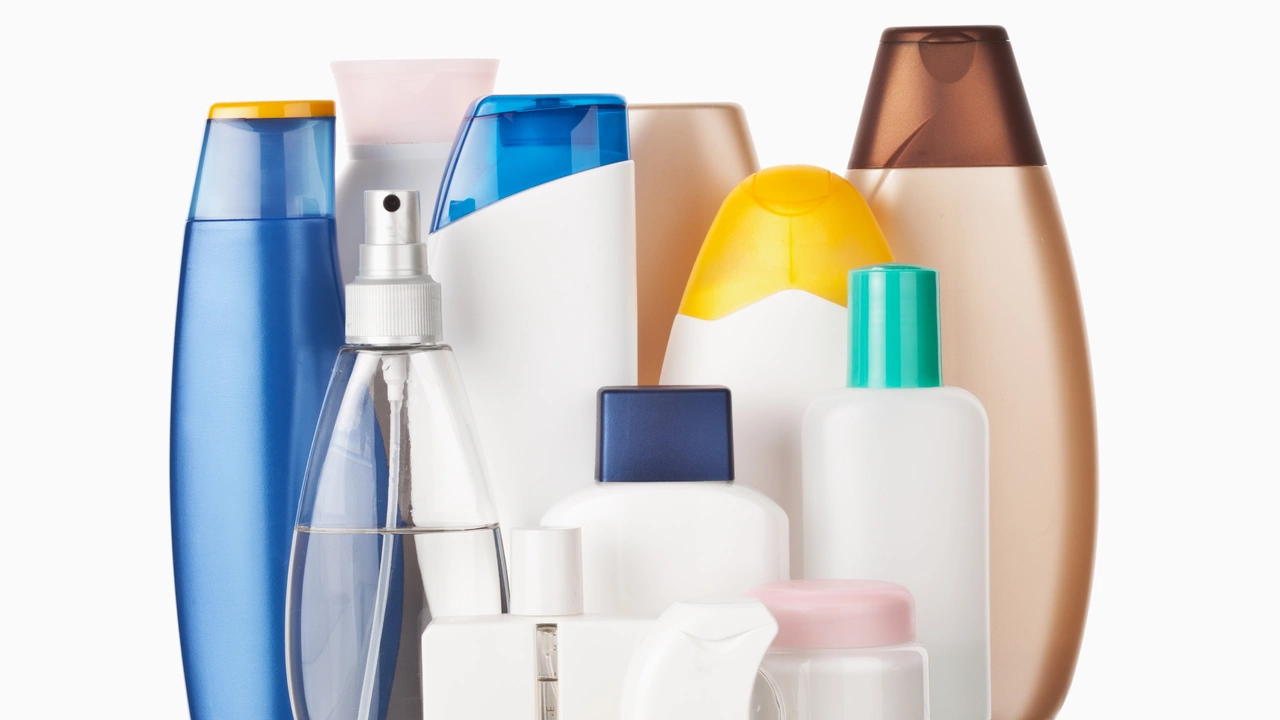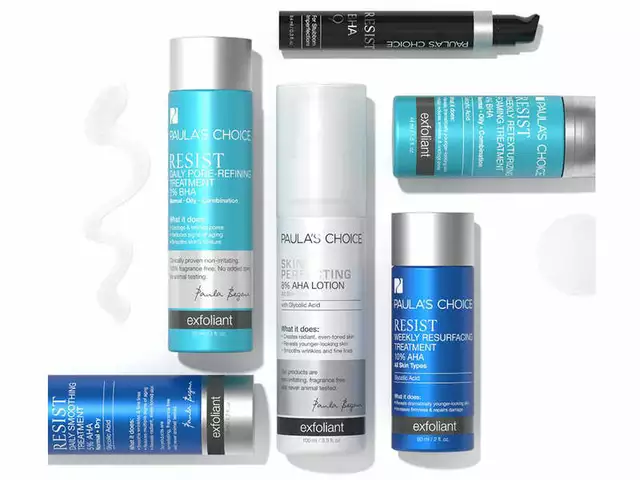
Understanding the Beauty Industry
Let's start by understanding the beauty industry. The cosmetic industry is a multi-billion dollar business that thrives on the insecurities and desires of people to look their best. It’s a complex and multifaceted machine, with a plethora of products promising to cure all sorts of skin woes. From acne to wrinkles, there's a product out there for pretty much any beauty concern you can think of. But what is often neglected is the question, do these cosmetic products really work?
Many of us are tempted by the glossy ads, beautiful models, and fancy packaging. We hope that by buying these products, we'll be able to achieve that flawless skin and perfect hair that we see in advertisements. However, the reality is often more complicated. The effectiveness of these products depends on a variety of factors, including your skin type, the ingredients in the product, and even the way you use them.
The Importance of Ingredients
Now, let's delve into the significance of ingredients in these products. The truth is, not all cosmetic products are created equal. Some are packed with beneficial ingredients that can genuinely improve the health and appearance of your skin. Others, however, may be filled with harsh chemicals that can cause more harm than good.
For instance, retinol, a form of vitamin A, is known for its anti-aging properties. It can stimulate the production of new skin cells, reduce the appearance of wrinkles, and even out skin tone. On the other hand, products containing alcohol, sulfates, or parabens can dry out the skin and cause irritation. So, it's crucial to read the labels and understand what you're putting on your skin.
Personalized Skin Care
Moving on to personalized skin care, it's important to realize that everyone's skin is unique. What works for one person may not work for another. Therefore, it's essential to understand your skin type and its specific needs. A product marketed as a miracle cure may work wonders for someone with oily skin, but it could wreak havoc on someone with dry or sensitive skin.
For instance, salicylic acid is a common ingredient in acne treatments. While it can effectively reduce acne in people with oily skin, it can cause dryness and irritation in those with dry skin. So, before you buy a product, make sure it's suitable for your skin type.
The Role of Lifestyle
Let's not forget the role lifestyle plays in our skin's health. No cosmetic product can compensate for a poor diet, lack of sleep, or high-stress levels. If you're not taking care of your body from the inside, even the most expensive and high-quality products won't be able to do much.
For example, a diet high in sugar can lead to inflammation, which can cause acne. Similarly, lack of sleep can lead to dull skin and dark circles under the eyes. So, while cosmetic products can help improve the appearance of your skin, they can't replace a healthy lifestyle.
Professional Advice
Lastly, let's talk about the importance of professional advice. Dermatologists are the experts in skin care, and they can provide you with personalized advice based on your skin type and concerns. They can also recommend products that are clinically proven to work. So, if you're struggling with skin issues and don't know where to turn, a dermatologist may be able to help.
Additionally, keep in mind that some skin issues, like severe acne or eczema, may require prescription treatments. Over-the-counter products may not be enough to treat these conditions. So, don't hesitate to seek professional help if you need it.
Conclusion
In conclusion, do cosmetic products really work? The answer is yes and no. Some products can indeed improve the health and appearance of your skin, but not all of them. It's important to understand your skin type, read labels, and take a holistic approach to skin care. And remember, if you're dealing with serious skin issues, don't hesitate to seek professional help.





